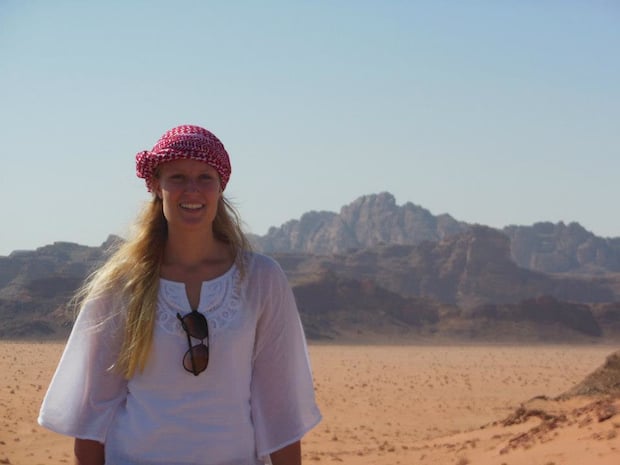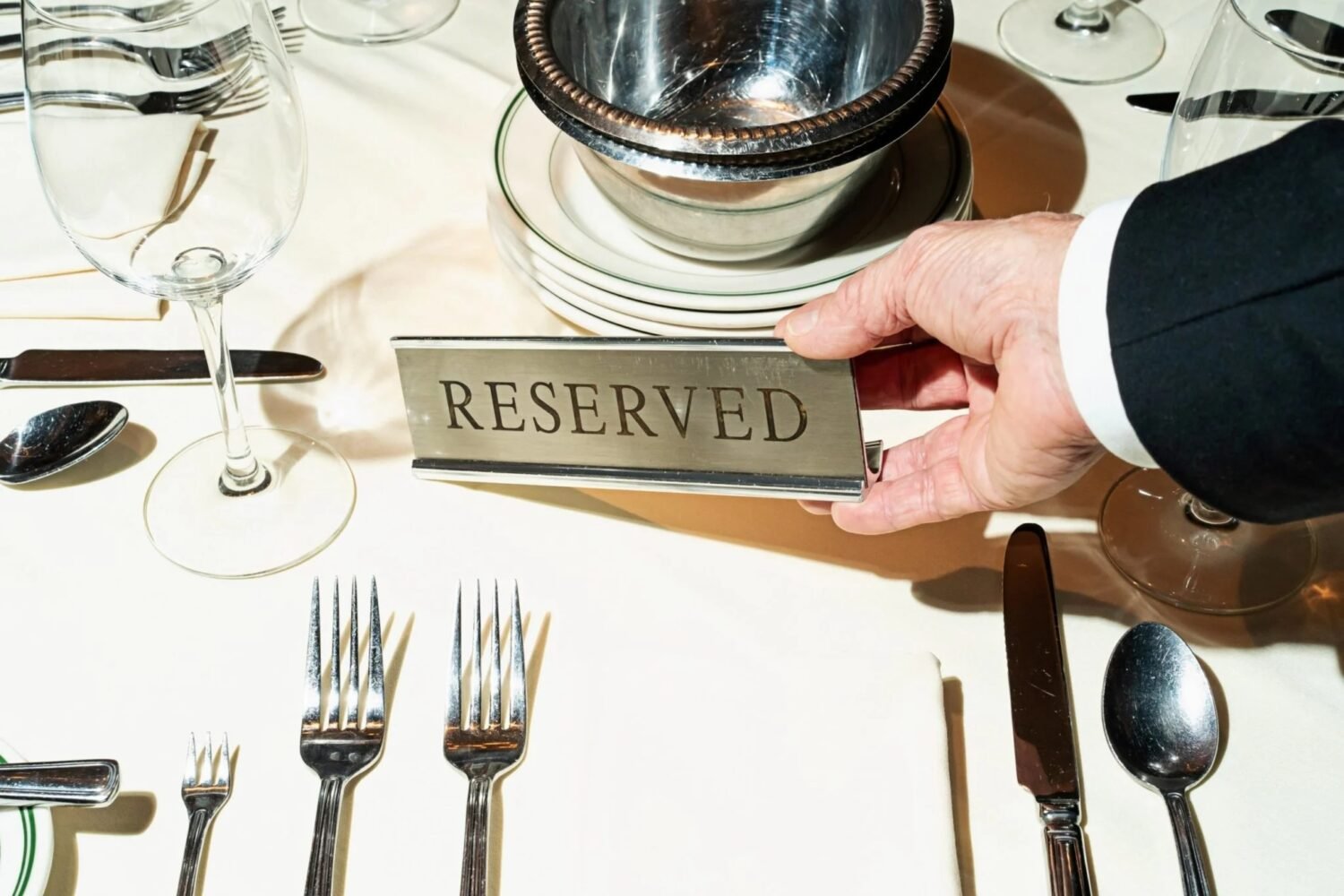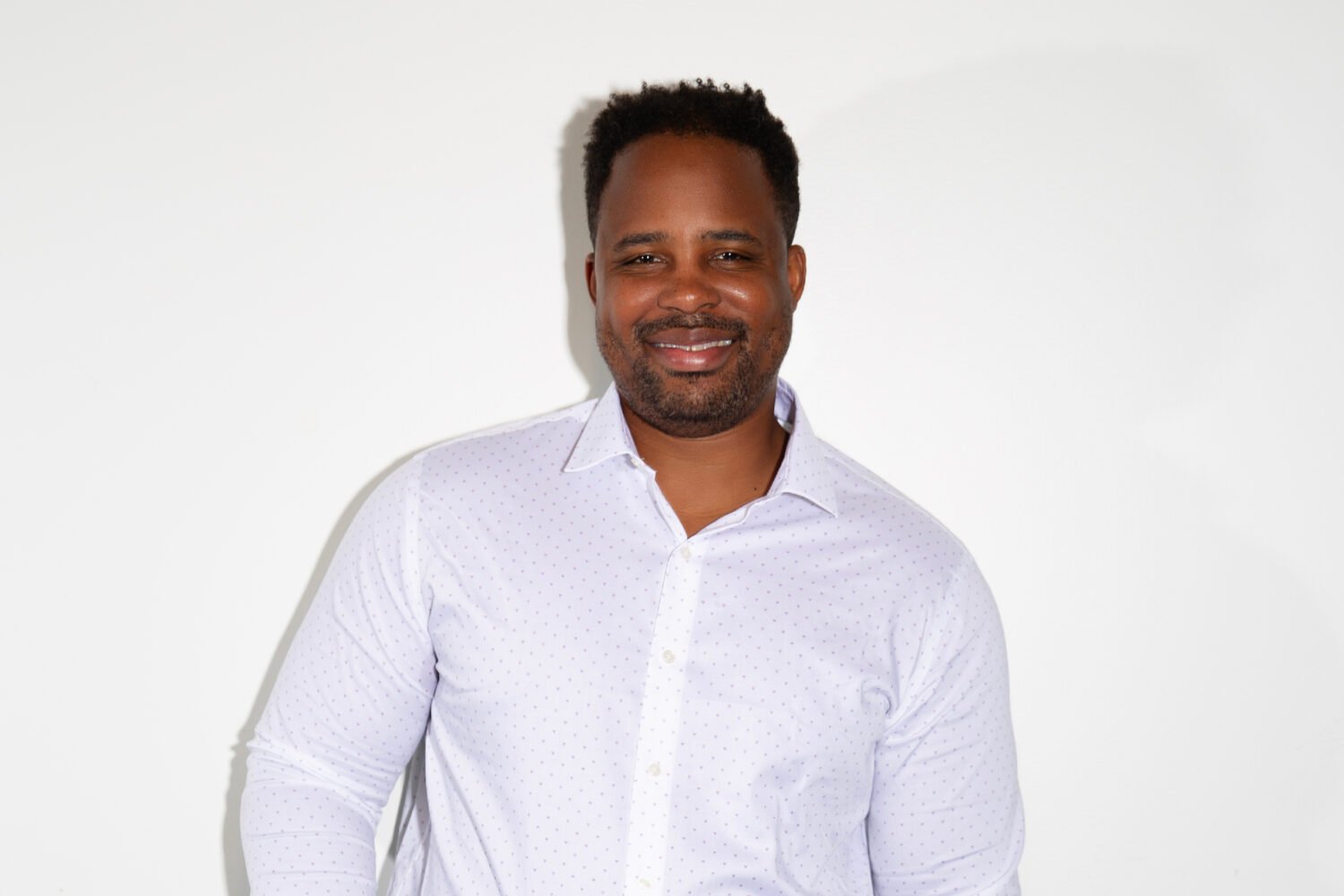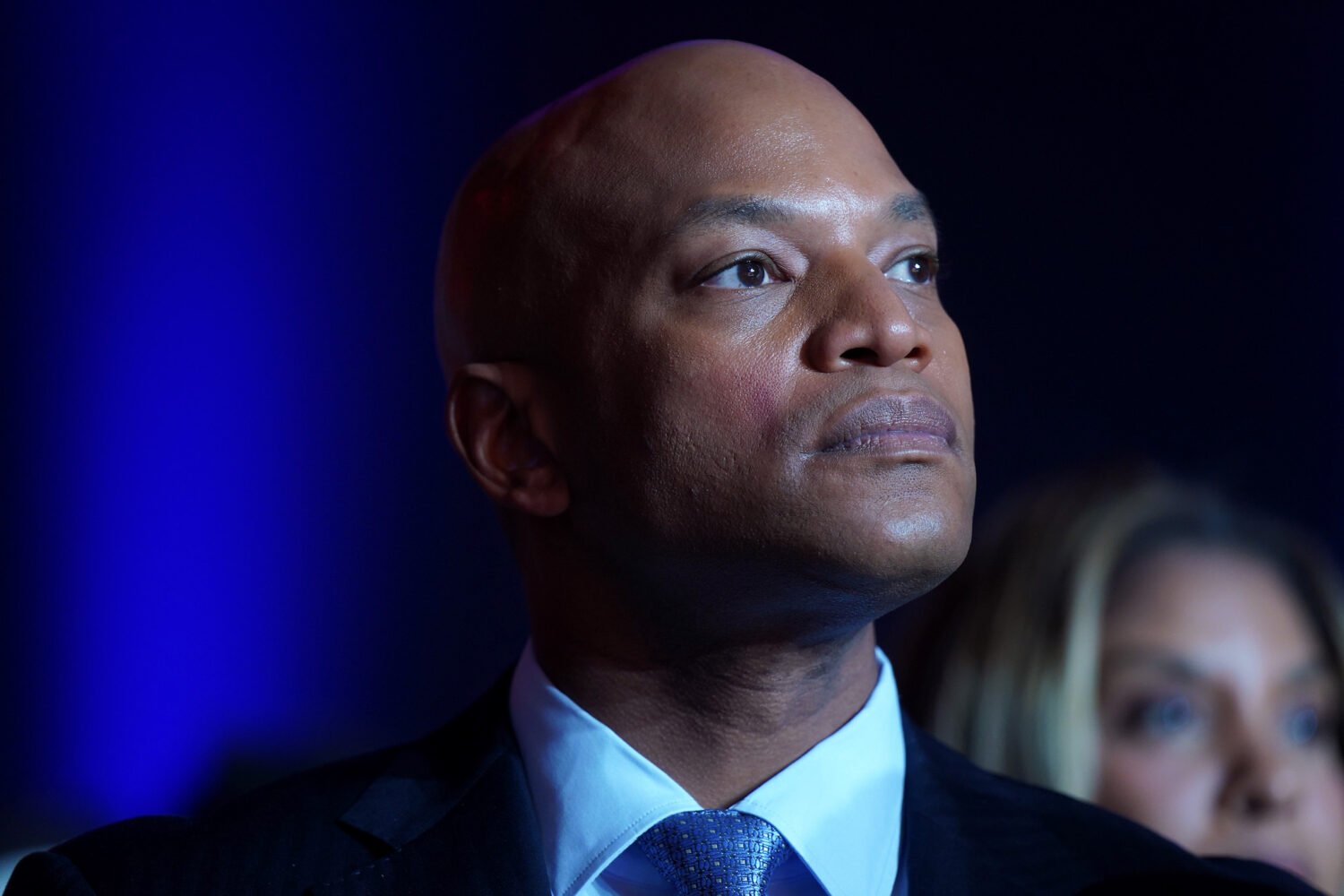Our trip from Washington, DC into Sea Island, Georgia, in the midst of a May 2012 tropical storm seems now like an omen for the turmoil ahead. I had been looking forward to having a week with my husband, John, son, Daniel, and daughter, Nicole—a rare week when we could all be together, given that my children were in their twenties and away at school most of the year.
During the two-hour drive from the airport, I focused on the road ahead. My knuckles turned white trying to keep our rental car from blowing across traffic and off the Causeway into the water below.
We arrived safely and didn’t mind those first couple days of forced confinement. We read and assembled a near-impossible 1,000-piece “Paris by Night” puzzle on the living room coffee table, tropical rains pounding the roof, wind whistling through the fireplace. It was fine. We were cozy in our familial solitude. Cocooned in our house, our daily rhythms resumed, despite the past year apart. It was when the weather broke, oddly enough, that my tranquility did as well. The turmoil inside of me about our daughter’s upcoming departure for a semester abroad in the Middle East began to swirl.
After Nicole’s freshman year of college, she decided to forgo her five-year study of Mandarin and switch to Arabic, much to her dad’s chagrin. He felt certain that knowledge of Chinese would provide countless future job opportunities, but having taken a number of courses about the Middle East, she had become intrigued by its culture and history. She decided she wanted to spend her junior semester abroad in an Arabic-speaking country to further her language skills. As parents, we wanted to be supportive of her, whatever her pursuits, and we felt that, as a young adult, these decisions should be largely hers to make.
I wondered whether growing up in Washington contributed to her inquisitiveness about other cultures. Nicole has often commented on how she enjoys living in DC, listening to the mix of languages spoken on the Metro and in the streets, seeing the amount of racial and ethnic diversity. She also learned to appreciate different cultures and languages early in life: First, when we lived in Belgium for three years and also through the many trips we’ve taken with our children around the globe. But she had never experienced the Middle East, except in books and lectures.
She and I had many conversations her sophomore year about her study-abroad options. When she was back in Chevy Chase for fall break, I looked over her shoulder as she clicked on her laptop from one study-abroad program to the next. There was no disagreement that Egypt and Tunisia were out of contention. After the Arab Spring uprisings, things were too unsettled there. Morocco and Jordan seemed the most reasonable alternatives. Her research about different programs, the language dialects, and the political climate led her to her decision. “Jordan will be the best place, Mom. The Moroccan dialect is too different from the standard Arabic I’m learning.”
That seemed reasonable, and we felt somewhat comforted because Jordan has traditionally had good relations with the US. Even though Jordan has seen its own protests since the Arab Spring, it’s been a seeming oasis of calm surrounded by Israel and Gaza to the East, Syria to the North, and Iraq and Saudi Arabia to the West and South. Nicole had considered studying in the university town of Irbid, but its proximity to the Syrian border and the conflict there caused great concern for me. Ultimately, she chose Amman, Jordan’s capital. But our overall concern—allowing her to go anywhere in the region—hung over us like a cloud.
On the Wednesday morning of our beach vacation, when the sun finally burned through the clouds, we began our daily bike rides beneath the canopies of huge oak trees laden with Spanish moss. In the afternoon we lay on the beach, each of us immersed in the book of the day. I was engrossed in Reading Lolita in Tehran. As if I weren’t disturbed enough thinking about Nicole leaving for the Middle East, my anxiety heightened as I read about the treatment of women in Iran.
By Wednesday night, Nicole, too, became anxious about her much-anticipated fall semester abroad, but for a different reason. She hadn’t booked her flight to Amman yet, and she was getting emails inquiring when she would arrive. She did an Internet search for flights but quickly became flummoxed with all the connections, layovers, early AM arrivals, and varying prices.
“Mom, help!”
We sat shoulder to shoulder on the couch, her laptop balanced on her thighs, and sifted through the myriad options, none very palatable. I didn’t want her to arrive in Amman at 2:00 AM, when no one from the program would be available to pick her up. I didn’t want her to spend seven hours alone at night in a foreign airport, waiting for a connection. I heard the panic rise in her voice and felt my heart palpitate, our nerves feeding off each other, jumping from one shoulder to the next and back again. It wasn’t just the flight. It was the four months to follow.
We finally found an acceptable flight and booked it. Despite my fears, I knew it was right to let her go. We have to let our children go, regardless of how much we love them—we let them go because we love them. But knowing that doesn’t make it any easier.
I tried to minimize my negative thoughts. She’ll be fine. It’s not like she’s going into a war zone, for God’s sake. She’s going to Jordan. She’ll be fine. But somehow, I just couldn’t quiet that opposing voice or forget the knitted brows of friends whom I’d told of her plans. Will she be safe? Will she be treated well? I had known this day was coming since the previous October, but now that the plane ticket had been purchased, the trip became real, and all my fears about her safety in that part of the world resurfaced.
I tried to tamp down my heart, so we could enjoy the rest of this vacation together. Nicole and I took a ten-mile bike ride to see the remains of a 1700’s fort and town. As we pedaled slowly back toward the house, exhausted from the heat, we decided to stop for lunch at a restaurant in a small shopping center. After parking our bikes near an outdoor table, we slumped into our chairs and gulped down the ice water the waitress poured. Looking around at the shops, Nicole commented, “We need to shop when we get back to DC. I don’t have clothes appropriate for Jordan.” True enough—skinny, tight-fitting jeans, shorts, and sleeveless blouses would not do.
“I’ll need some large scarves to cover my head.”
“Cover your blonde hair, so you don’t stand out so much.”
We discussed the two-page list of protocols from the study-abroad office. It said: “Jordan does not have decency laws or official dress codes. However, there are clear social norms regarding appropriate dress that students are expected to follow…Women must avoid shorts, skirts above mid-calf, spaghetti straps, low-cut tops, sleeveless tops, bare midriffs, and any clothing that reveals upper arms, décolletage.” She would be dressing according to cultural norms, not the desert heat.
Along with proper dress, proper decorum was stressed. “Jordan is a traditional Arab and Moslem society with deeply ingrained social norms. However, because Jordan has a deceptively ‘western’ veneer, students can easily get fooled into thinking certain modes of dress or personal conduct are acceptable when they are actually Haram, forbidden or shameful.” My throat tightened.
Biking over the bridge back to Sea Island, I was on edge. The sidewalk was narrow, and the traffic was moving quickly just a few feet from us. I was worried about Nicole, recalling an infamous bike ride about ten years earlier, when I’d warned her about a tree coming up in the middle of the path and, so focused on its location, she slammed smack into it. This time, she was the confident one—I felt shaky and tired, anxious to peddle those last couple of miles home. Halfway across the bridge, I ran into the metal guard rail, bruising my leg. I decided to walk my bike the rest of the way across, lacking the confidence to ride any further. She stayed with me, concerned.
A few days later, back home in Chevy Chase, I purchased trip insurance for her flight—just in case. I envisioned some incident causing the entire region to explode. I could only hope that, if something like that were to happen, it wouldn’t be while she was there.
I knew the summer was going to whiz by. She was working at an office in the District, but we caught moments together when we could. We searched for clothing she’d wear for four months and then, perhaps, never again: long skirts; long-sleeved, loose-fitting, opaque blouses; headscarves. At night, we sat together, legs curled on the couch in our family room, eating Snyder’s sourdough pretzels and hummus, watching the news and mindless TV shows. Nothing special, but it was.
On June 18, 2012, we watched news reports about the Muslim Brotherhood having won the election in Egypt. A reporter from Cairo expressed his concern that the entire Middle East might erupt. I sat upright in my chair: I hated hearing these stories.
Nicole wondered aloud about the election choices in Egypt. I thought of Lara Logan, the pretty, blonde CBS reporter who was brutally attacked in Tahrir Square while covering an Arab Spring uprising there. I reached over and stroked Nicole’s waist-long blonde hair. It had always been her hallmark but soon, I feared, it would be the thing that would mark her. I gently kissed her on the cheek. She smiled.
A few weeks before her departure, on a Sunday afternoon, we were floating together in our backyard pool trying to escape the Washington heat and humidity. We faced each other, arms draped across a shared raft, legs dangling in the cool, blue water, the smell of suntan lotion permeating the air. We chatted about her boyfriend and the upcoming visit by her Vassar College friends. Then the discussion turned to more serious topics: the conflicts in Syria and Egypt and her safety in Jordan. The air became even heavier; my chest tightened.
“Get out of the area if you ever see a large crowd forming,” I warned. “Let’s think of a secret code to use if you find yourself in a bad situation. You can call or text it to me. Remember we did that when you were in high school?”
“Ok, Mom,” she laughed. “But you won’t be able to drive to Amman and pick me up. Seriously, don’t worry, I’ll be fine. I promise I won’t do anything stupid, like walk near the Syrian border.”
Then, she reached over to my face and with her pinky finger, gently lifted a fallen eyelash off my cheek. Holding it before my lips, she said, “Make a wish, Mom.” I hesitated for a second, trying to precisely formulate the wish I wanted, trying to encapsulate all my concerns for her and wish them away in one fell swoop. Then I blew as hard as I could.
The next morning, as soon as I got out of bed, I checked the weather on my iPhone. It was a habit: Everyday, I checked the weather in Washington and, during the school year, in Poughkeepsie and New York City, where Nicole and Daniel lived. That day, after seeing the local weather, I hit the plus sign to add another location. I needed to navigate through my internal storm and focus on the road ahead—the one Nicole would travel alone. I typed in A-M-M-A-N and added it to my list. It was 97 degrees there.
As I looked more closely at the screen, there appeared to be a tiny crack. It was an eyelash. I gently picked it up on my pinky finger and blew, making my wish once again, and watched it float away.
Desirée Magney is a lawyer for the DC Volunteer Lawyers Project. She is married with two adult children, and she lives in Chevy Chase, Maryland.










